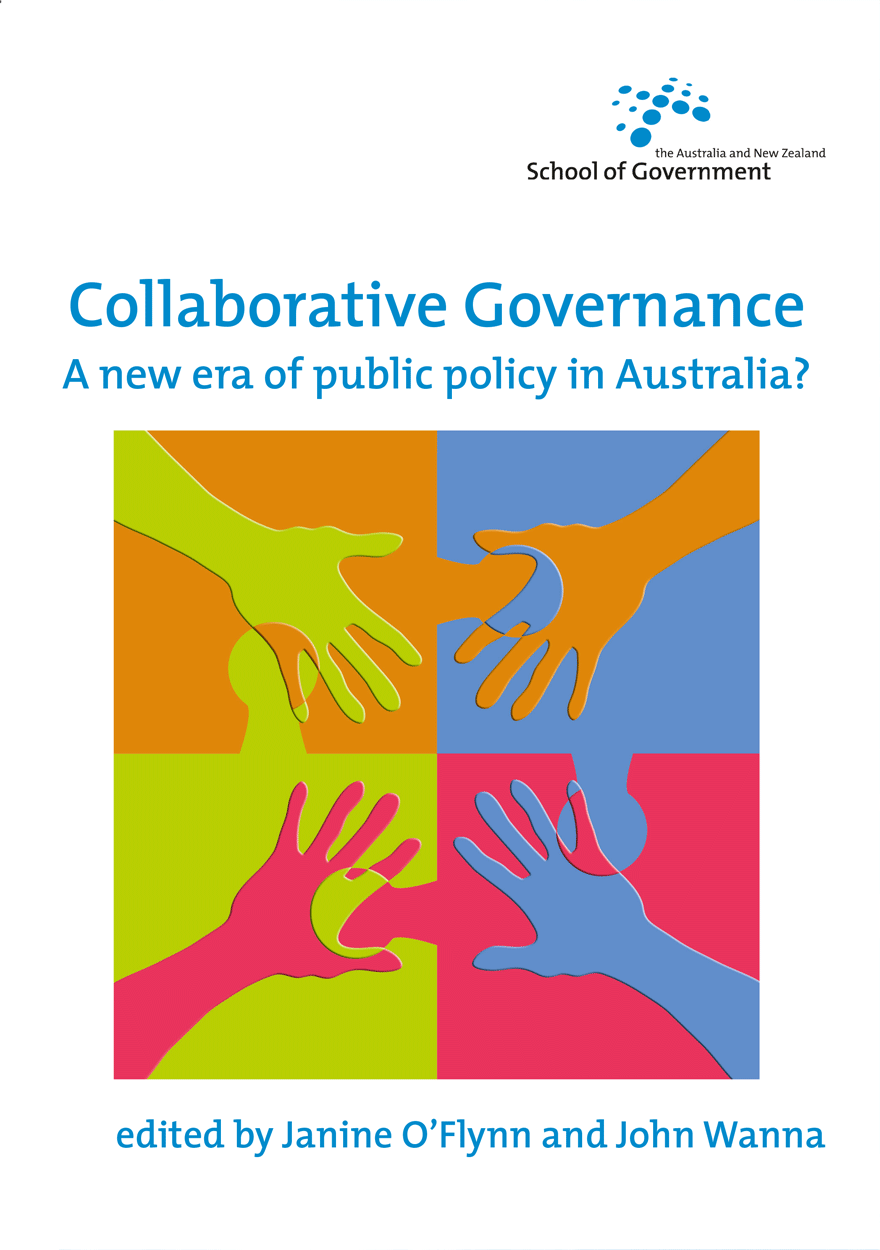John Wanna
John Wanna, PhD, is an emeritus professor of public administration at The Australian National University and Griffith University. He is a former editor of the Australian Journal of Public Administration and a former director of research at the Australia and New Zealand School of Government.

Dilemmas in Public Management in Greater China and Australia »
Rising Tensions but Common Challenges

Learning Policy, Doing Policy »
Interactions Between Public Policy Theory, Practice and Teaching

Designing Governance Structures for Performance and Accountability »
Developments in Australia and Greater China

Road Pricing and Provision »
Changed Traffic Conditions Ahead

Opening Government »
Transparency and Engagement in the Information Age

Value for Money »
Budget and financial management reform in the People's Republic of China, Taiwan and Australia

Sharpening the Sword of State »
Building executive capacities in the public services of the Asia-Pacific

Managing Under Austerity, Delivering Under Pressure »
Performance and Productivity in Public Service

A Dissident Liberal »
The Political Writings of Peter Baume

New Accountabilities, New Challenges »

Abbott's Gambit »
The 2013 Australian Federal Election

Future-Proofing the State »
Managing Risks, Responding to Crises and Building Resilience

Putting Citizens First »
Engagement in Policy and Service Delivery for the 21st Century

With the Benefit of Hindsight »
Valedictory Reflections from Departmental Secretaries, 2004–11

Julia 2010: The caretaker election »

Delivering Policy Reform »
Anchoring Significant Reforms in Turbulent Times

The Ayes Have It »
The history of the Queensland Parliament, 1957–1989

Critical Reflections on Australian Public Policy »
Selected Essays

Collaborative Governance »
A new era of public policy in Australia?

A Passion for Policy »
Essays in Public Sector Reform

Improving Implementation »
Organisational Change and Project Management




